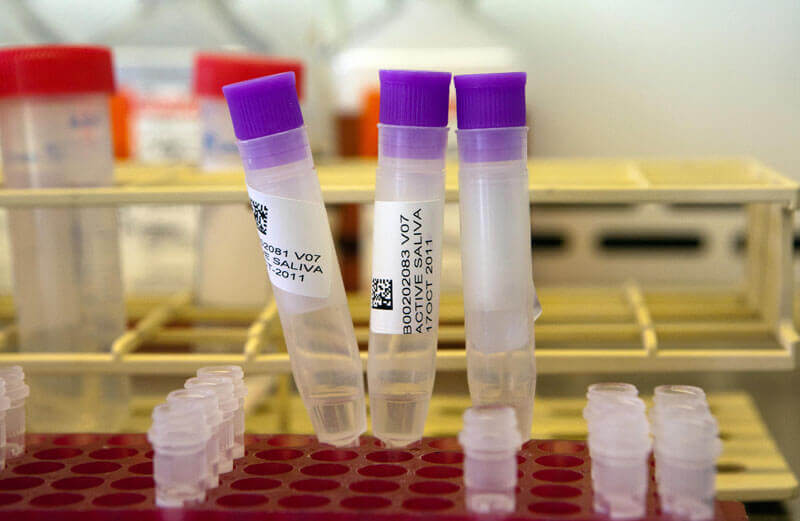Ashley BennettGHTC
Ashley Bennett is a Policy and Advocacy Officer at GHTC.
Recently, a US Food and Drug Administration (FDA) panel recommended that the HIV and AIDS drug Truvada be approved for HIV prevention among certain groups at risk of infection. Known as pre-exposure prophylaxis (PrEP), this prevention method involves HIV-negative individuals taking antiretroviral drugs to prevent HIV infection. This recommendation from the FDA panel does not oblige the agency to follow suit; however, it often does.
The Truvada hearing is illustrative of the important role that the FDA plays in the research, review, regulation, and licensure of global health technologies—both those that are brand new, as well as reviewing new uses for current tools. Indeed, the FDA has a vast amount of expertise that it can leverage to help address regulatory issues in the developing world, where countries often lack the expertise or resources to appropriately review new health tools.
In addition to the regulation and review of health products, the FDA also plays a small but important role in research and development (R&D) for global health. Starting in 2010, the FDA engaged in R&D funding for new drugs to combat tuberculosis (TB) though its work with the Critical Path Institute. The Critical Path to TB Drug Regimens brings together leading pharmaceutical companies and other drug developers, global regulatory agencies, and nongovernmental organizations—like GHTC member the Global Alliance for TB Drug Development—to facilitate the development and availability of new TB treatments.

FDA clearly recognizes the importance of its position in the global regulatory world, as evidenced by its recent Pathway to Global Product Safety and Quality report. It’s equally important that Congress recognize the FDA’s increasing role in global health, and that it works with the agency to provide the funding needed to sustain and expand these activities. This week, the House Agriculture, FDA, and Related Agencies Appropriations Subcommittee will debate its version of fiscal year (FY) 2013 appropriations legislation. And recently both the House and the Senate approved very similar versions of the Food and Drug Administration Safety and Innovation Act (FDASI), including reauthorizations of the Prescription Drug User Fee and Medical Device User Fee programs – which provide a large chunk of FDA’s operating expenses, and must be reauthorized by September 30th.
Included in FDASI is the Generating Antibiotic Incentives Now (GAIN) Act, a provision which would extend data exclusivity for new antibiotics to combat drug resistant bacteria—including multi-drug resistant TB—by five years. While incentives that engage the private sector in product development are urgently needed, data exclusivity alone may not solve the gap in antibiotics R&D, and should be combined with several other incentive mechanisms in order to truly leverage the knowledge and resources of the industry. The legislation does request a study be conducted outlining the use and effectiveness of such incentives, a positive step in the right direction.
The next few months are a critical time for all of FDA’s programs—and also an excellent opportunity for Congress to make smart reforms that enhance the best of what FDA does, including its work to support global health research and development.
Ashley Bennett is the GHTC’s senior policy associate.